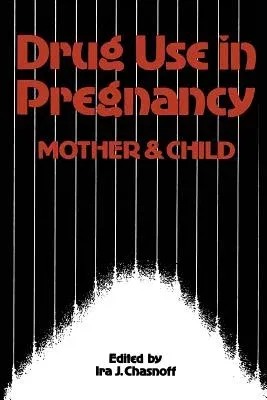With the emergence of the biological sciences in the seventeenth and
eighteenth centuries, some explanations of congenital malformations with
a basis in scientific fact were formulated. It was not, however, until
the thalidomide tragedy in 1961 that the necessity for further study of
the effects of environmental factors on congenital malformations was
recognized. By the early 1970s concentrated efforts had begun to be
directed toward evaluating the effects on the unborn child of
mood-altering drugs taken during pregnancy. Over the past decade,
research and treatment programs have led to the recognition of a full
range of psychoactive drugs that affect the developing fetus either
somatically or behaviorally. Programs for the treatment of the pregnant
drug addict have been developed which concentrate not only on the
pharmacologic therapy of the woman but also on the social and
psychologic characteristics that place her and her unborn child at risk.
This book is an attempt to bring together clinicians and researchers who
have been active in developing programs for the recognition and
management of the chemically dependent pregnant woman and her newborn.
The contributions of the multiple disciplines which the authors
represent emphasize the need for a multifactorial approach to the
problems of drug use and abuse during pregnancy. It is hoped that
through this type of approach a better future for substance-exposed
infants, innocent bystanders in the process of addiction, can be
assured. Ira J. Chasnoff vii Contributing Authors I. J. CHASNOFF, MD W.


